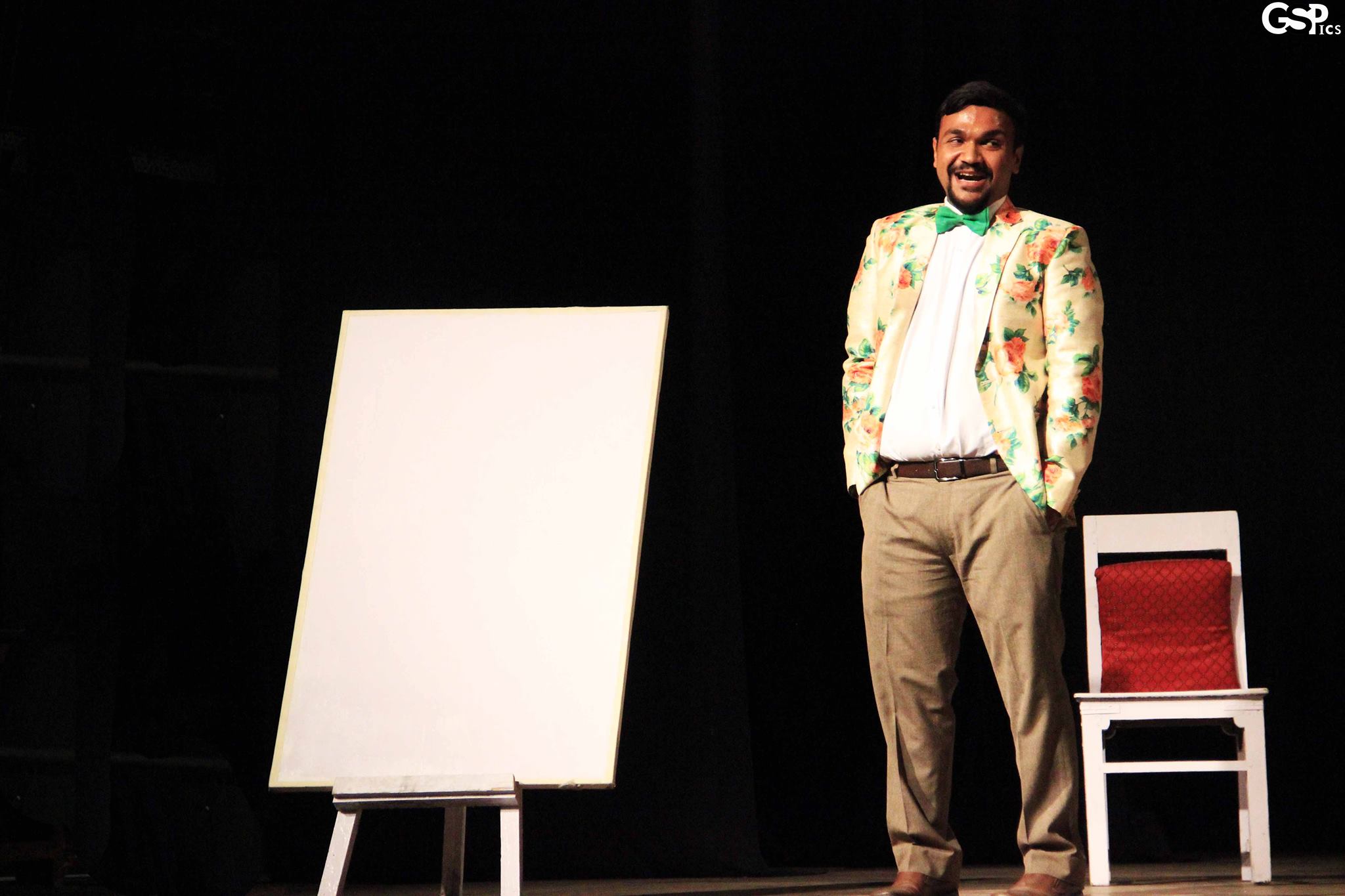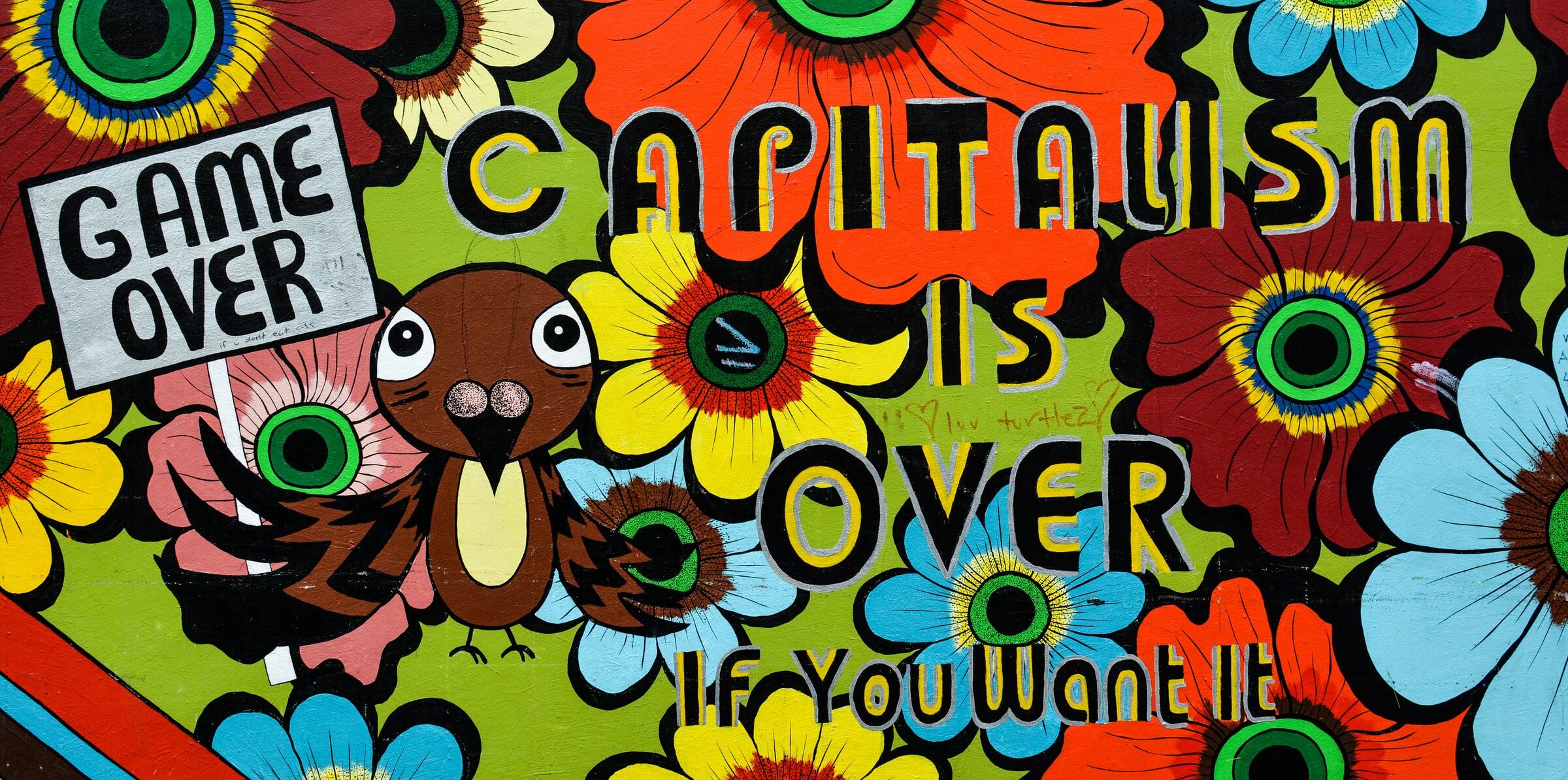Gaurav Singh Nijjer – Theatre-Maker and Marketer
CBS Alumnus shares how following his passion led him to his unique journey.
Your journey with marketing and theatre is rather noteworthy. How did you discover these two have a potential meeting ground?
I always knew I was someone inclined towards the creative aspect of things. It was during my second year when I observed that Marketing spoke to me in a language that I could answer back in. In my third year, I chose Marketing as my specialization and did many internships. I worked as a Growth Marketer for about 4 years, starting from 2016. I still do Marketing Consulting when I feel like something unique is available.
With theatre, the crossover point began in Fourth Wall Productions. We have our own Annual Productions and the Theatre Festival Raasa. Often, we send a synopsis, a video trailer or a poster. Whenever you’re getting into any creative field, articulating and positioning your project in a way that is attractive enough to people is important.
In the last two years, I’ve actually done a lot of freelance with cultural institutions in terms of marketing/communication. As an artist, I continue to find opportunities wherein arts/culture which is one part of my life can interact with content and marketing.
Trying to trace your trajectory, you had Science as your stream of choice in +2, then a degree in Management and Theatre seemed to always be around. Has your career choice evolved or was there always a clear plan?
In my high school, theatre began as just a place for self-expression, with no expectations. When I came to this college, Fourth Wall was still forming up. I found it an attractive opportunity to be a part of something that is still being built. I did theatre throughout college and after that, went for a very non-conventional path of being a marketer in a tech startup and kept doing Theatre even when I was working full-time; it was a space that I liked and always wanted to have.
By the end of four years, I had reached a saturation point by doing and experiencing Theatre on my own. Theatre-training seemed like the biggest value addition that I could ask for and I needed this training to expand my existing skills.
In CBS, there is a constant pressure of doing what your other batchmates do. I was lucky in that sense, where I was surrounded by people with similar interests and plans.
Being in a B-School and practicing theatre surely is a ride of its own. How do you think these worlds mingled and changed your thought-process if they did?
Theatre as a life-skill is very crucial to any business/negotiation space that you enter. You’re able to communicate your idea and empathise with others, and you will probably never meet a group of people as diverse as in a cultural society.
I genuinely feel that’s true. Your soft-skills develop when you are adapting something that is set 80 years ago in a fictitious French town, to the setting of New Delhi. You realise what people used to feel at that point and what they feel now.
I was also a member of Enactus and the Editorial Board – the kind of societies that look good on your CV, but all I ever talked about in front of the recruiters was theatre. I would just narrate one of several instances where we economized the limited finances and managed to win (and earn profit) with it. That really spoke to them, that this is a person who has faced situations demanding him to be resourceful and has worked with diverse people in a group.
You’ve founded and successfully run a multitude of theatre companies and collectives. Is a company different from a collective? How does the management side of these two differ?
When it comes to Performing Arts, I’m the General Manager of ‘Kaivalya Plays’ and also the founding member of ‘The Living Room Collective’ and ‘El Clavileño’ (India’s only Spanish Theatre company).
To answer your question, a collective, to me, is a space with more freedom, 1-2 central people and a host of visiting artists/professionals who collaborate for a specific project. A company/ repertory is more of a performing arts institution where you have an in-house team of artists, musicians, directors who produce work for you.
I’ll talk about my experience at Kaivalya Plays as a Production Manager. I joined it in November 2018 for a specific project called Unravel (a mental-health based Improv show). My role was making sure that the communication/marketing materials about the production were ready, sourcing actors, setting up rehearsal schedules, communicating with the funders. That’s how I see it, though the word “Production Manager” has different connotations at different places.
What does the non-artistic part of running a theatre company entail?
Marketing and Communications: Your work is as great as how much the audience members remember it. You need to be in touch with the audience members and consistently engage them.
Funding: Being able to talk about your projects, applying for a grant. Much of the success in funding also gets translated by marketing and communication.
Documentation: Making sure that your work is recorded is a very important part of the non-artistic work, because that’s essentially what will go back to your audiences/social media/website.
Financial, Contractual and Legal Part: Giving the visiting artists a contract, of what the roles and expectations are. There are safeguards built into that, in case someone leaves 2 days before the show for instance. We ran a Theatre Management Fellowship a few months back and gave a contract to each fellow stating out the roles and responsibilities.
On-Ground Execution: Now this has, of course, been a little less during the lockdown. But it mostly entails calendaring your events and rehearsals. Props and set management, maintaining inventory and all sorts of schedules also come under the management aspect of a Theatre Company.
You’re currently pursuing a degree in Advanced Theatre from the Royal Central School of Speech and Drama, UK. How did you grab this opportunity?
Well, I started researching theatre training opportunities in and outside India. I chanced upon a lot of different courses, but I wanted to pursue something where I was completely out of my depth. The second decision I made was that the course shouldn’t be too long because I wouldn’t have the financial funds. That automatically ruled out a lot of countries and I finally decided to go to the UK. There were 5-10 good drama schools and out of these, The Royal Central was comparatively a bigger one offering a lot of different courses.
The course that I am doing is a broad and multilayered one, very interesting because it really forces you to make different kinds of work successively and see what sticks out to you. I got through a few other schools but I chose this because I got the Chevening scholarship offered by the Government of the UK.
How has the theatre scene changed since the pandemic? How has Kaivalya Plays been dealing with it?
In March, we had an ongoing physical workshop and two shows which were supposed to be premiered in the coming weeks. When the lockdown was announced, everything was stopped. We quickly started exploring how people would respond to online theatre and undertook a few training sessions and started workshops online. Since then, we have done over 70 online improv workshops and reached out to around 1500 people from around the world. I directed “Luz Negra”, a Spanish play, which was performed live with subtitles in English.
Right now, we are making a transition to start working in physical spaces. The future of theatre for the next two years is hybrid programming, as I don’t think theatres will return to proper functioning before 2023. I believe it is the most innovative time to be in. I think this will inspire a new movement in digital theatre and I am very excited to be a part of it. That’s what my work has been for the past six months, and it’ll probably be that for the next two years as well.
How was your experience of being a President at Fourth Wall Productions like?
I think it was an experience builder for me. It was that phase of life where you go from being told what to do to telling others what is to be done. That was the first time in my life when I was invested in someone else’s growth instead of mine. It gave me a chance to manage a team, and that’s an experience that I will always cherish. From talking to the college admin to the directors, to other members of FWP, I learnt this art of prioritising and communicating things in a certain way to get them done. As the President, I wanted to leave my creative taste on things. For instance, Raasa was the only cultural festival that used to start and end on time. A renowned theatre director with whom I recently interacted with advised me that the role of a director is not to make decisions, but it is to guide the collective towards a common goal. I believe the same is for a President too.
How are cultural societies significant in a business college? Is there anything misunderstood about theatre societies?
Cultural Societies definitely add value to your CV but more importantly, they give you another aspect to your personality that you never knew existed.
I think that the biggest misunderstanding about being in a theatre society is that you need to have prior knowledge or experience before you walk in. The only thing you require is the urge to do something, to create something, even if it is just a moment of truth on the stage.
The second thing that is often misunderstood is that it is an escape from studies. People who join the society with those expectations leave it within the first few weeks.
The third biggest misconception is that it will change everything. It may significantly change things, it did for me, but for a lot of people, it’ll be a small part of their lives that they would cherish forever.
How can a management student reading this go on to tread a path as unique as yours?
I think it is all about taking calculated risks. You need to ask yourself about your constraints, choices and what makes you happy. So if someone is thinking of pursuing a creative arts career after CBS, I think the best way to start is by finding somebody who has already done that and talking to them about it.
A lot of people get caught up because they feel that there are only 3-4 kinds of careers they can pursue after doing Management Studies which is not true. One should know that they are not defined by the options the majority is pursuing or the kind of companies that are coming to the campus to hire them. My advice would be that you should find a job that gives you enough time and flexibility to discover whatever you want to do.
I feel it is that illusion that you have very few choices which really cripples you in college. I don’t even remember the four companies that didn’t recruit me in my third year, but it’s just that, it doesn’t matter. What does matter is that I love what I am doing right now. It’s really about finding what you love to do, and if you can make money from it, then it is great and if you can’t, then find an alternative to make money.




Comments